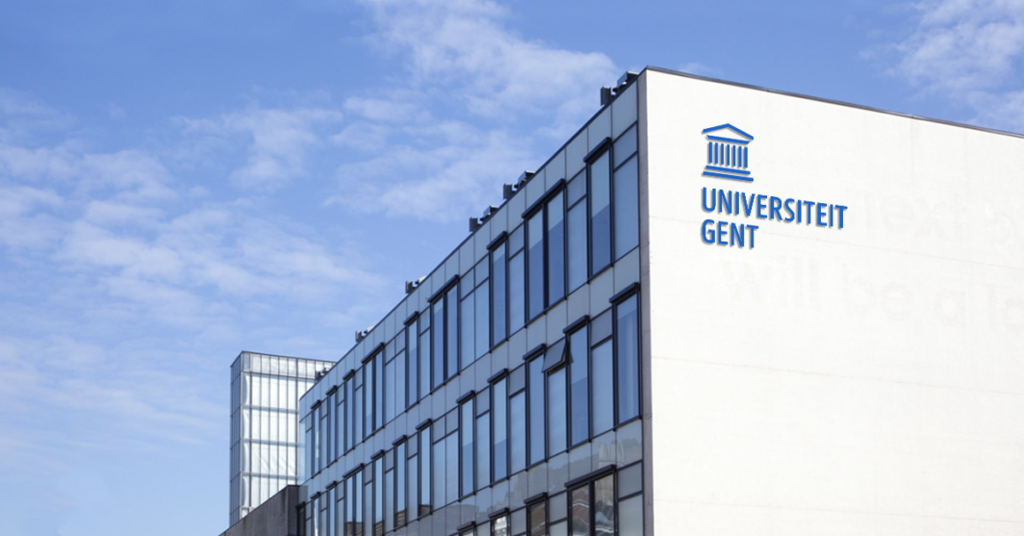Water cooling system for supercomputer in Flemish Supercomputer Centre
Hortense, the new Tier-1 supercomputer of the Flemish Supercomputer Centre is currently being built at Ghent University. APAC will take care of installing the water cooling system, as well as incorporating heat reuse systems and preparing the supercomputer for future expansions.
Cooling system design
Following the positive evaluation of our project for Bulk Infrastructure in Esbjerg, Denmark, we were asked to connect the water cooling system for the new Tier1 supercomputer of the Flemish Supercomputer Centre. We were given free rein to design the cooling system as we saw fit, though it did have to meet several requirements. First, the cooling system was to be connected to an existing cooling ring with water between 20 and 26°C. To keep the temperature of the water below 26°C, we came up with a special mixing injection control system.
Reusing heat
We were also asked to incorporate a system that would allow the heat produced by the supercomputer to be extracted, so that it could be used for heating purposes. This requires keeping the water returning from the computer as hot as possible, which is why we created a temperature gradient of 37 to 51°C.
Monitoring and active management
The two water systems with different temperatures are separated by a heat exchanger, while both systems are equipped with speed-controlled pumps. On top of that, the entire system is redundant, which means that even if a component fails, the system will continue to function. The control technology and operating system were devised and created by our software department. To control the two water systems, the software actively controls the pumps and valves. We also monitor pressure levels and temperature, as well as the status of pumps and valves, and all these data are automatically sent to the building management system.
Ready for expansion
Finally, we prepared the cooling system for future expansion. In the next two years, the Flemish Supercomputer Centre is set to add five more modules to the supercomputer at Ghent University, which will double its size and see it produce no less than 600 kW of heat. Our cooling system is ready.

